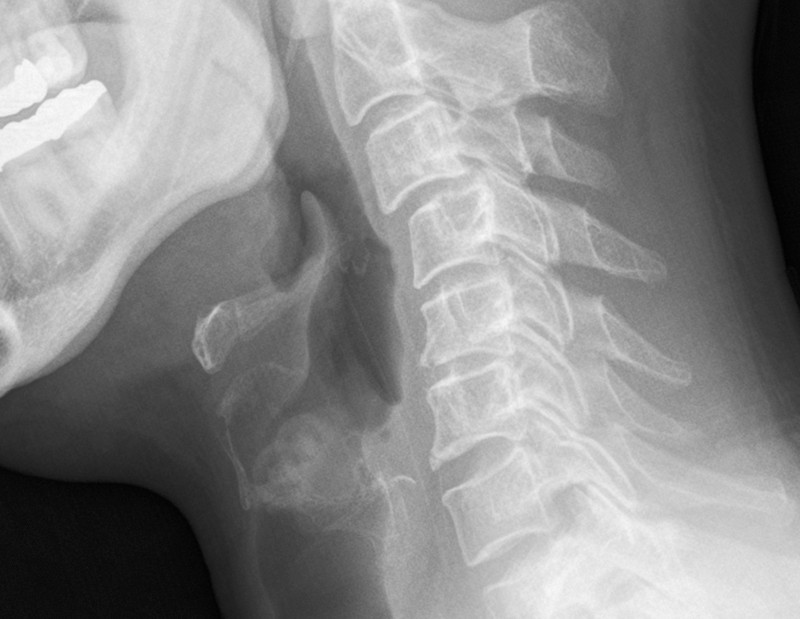The great chiropractic debate
Skeptics and experts discuss the legitimacy of chiropractic
In 2007, Edmonton resident Sandra Nette received a neck adjustment from a chiropractor that would leave her paralyzed from the neck down.
As Nette was not made aware of the treatments risks, the incident has led many to question the legitimacy of chiropractic.
Rob Speirs, a Winnipeg chiropractor, claims he is well aware of the risks associated with such treatment and says he informs all his patients promptly.
“I can only speak to our clinic, not others, but we have an informed consent waiver that they need to sign,” said Speirs. “We talk to patients about what will be done and any risks associated with treatment. I want them to know what we are doing before we do it.”
Richelle McCullough, a medical student at the University of Calgary, argues that physiotherapy is a preferred practice to chiropractic.
“If someone is dealing with lower back pain, physiotherapy is a good option,” said McCullough via email. “They can do spinal manipulations, but more importantly (they) can help you strengthen the supporting muscles to prevent future re-injury.”
“ I think we need to all work together to make people better quicker.
Rob Speirs, Winnipeg chiropractor
Gem Newman of the Winnipeg Skeptics, a local group that has been critical of the chiropractic industry, also advises physiotherapy over chiropractic.
“When examined through the lens of science-based medicine, chiropractic offers little to distinguish itself from physiotherapy,” he explained in an email.
McCullough also believes that chiropractors are unqualified for dealing with behavioural disorders, respiratory illness, rheumatological problems, cardiovascular disease and infections, which they often claim to be capable of treating.
According to Newman, chiropractic is based around a “vitalistic philosophy”. This philosophy purports that the health of a person is related to the flow of innate intelligence, a sort of spiritual energy.
“While this energy has never been demonstrated to exist, the founder of chiropractic claimed that interruptions or disturbances in its flow (called ‘vertebral subluxations’) were the root of all disease,” explained Newman.
Although many chiropractors have abandoned this old theory for a more scientific approach, many still claim the capability to treat several different diseases, including asthma, allergies and infections.
McCullough argues that most chiropractors belong to the latter category, and that those who use a more legitimate scientific approach are in the minority.
“This sort of thinking has led to all sorts of ridiculous claims, from the ability to cure asthma to a treatment for depression,” she said. “If subluxations caused all these health problems, then why do people never suddenly develop allergies or psoriasis after a back injury?”
According to a spokesperson for Manitoba Health, chiropractors are currently regulated under the Manitoba Chiropractors Association through the Chiropractic Act.
However, when the Manitoba Chiropractor Association is ready to transition, they will be regulated under the Regulated Health Professions Act, designed to encompass all medical professionals under the same standards.
Despite the controversy regarding his profession, Speirs believes the medical and alternate-medicine communities both serve important functions in society.
“I’m a big fan of the medical community,” said Speirs. “I think we need to all work together to make people better quicker.”
Published in Volume 66, Number 1 of The Uniter (September 2, 2011)







